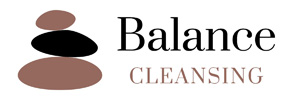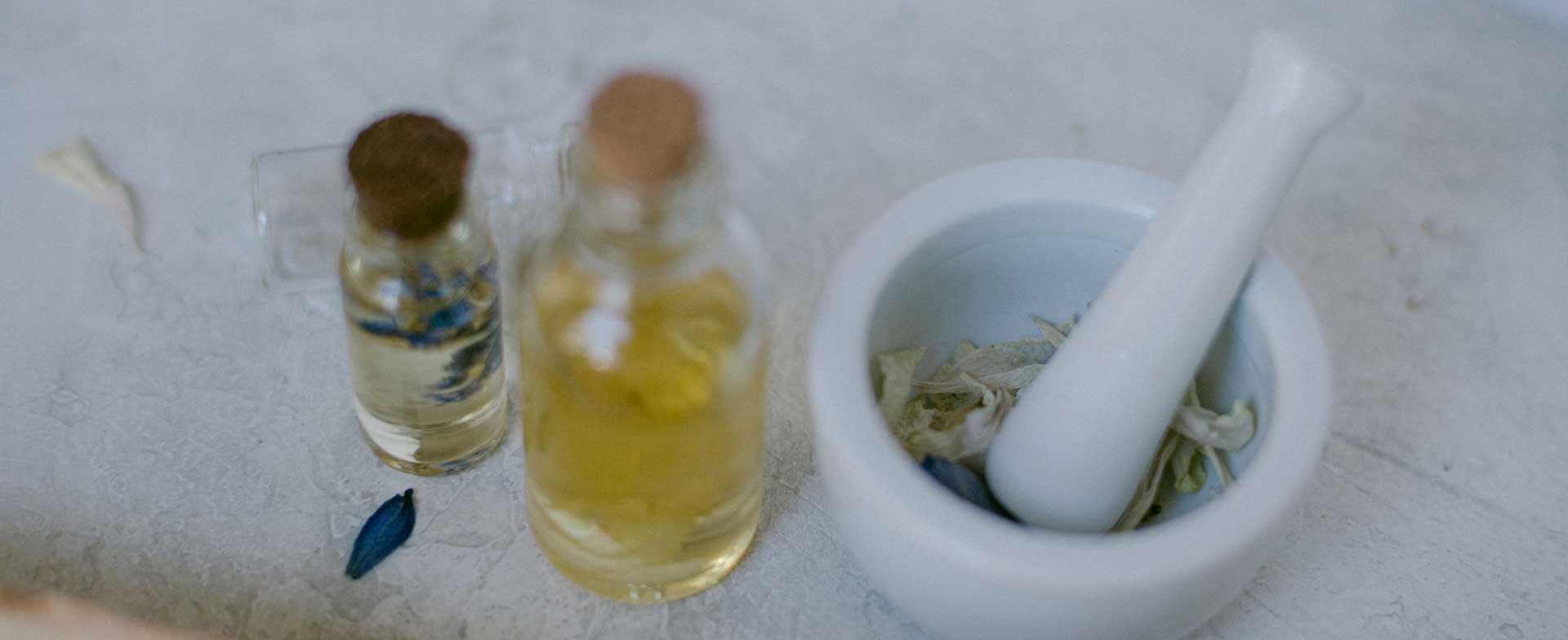Aromatherapy, as the name suggests, is the therapeutic use of aromatic substances, primarily essential oils, to promote physical, psychological, and emotional well-being. It’s a holistic approach that harnesses the power of scents to influence our mind and body positively. This is an introduction to the history of aromatherapy.
Importance of Understanding Its Historical Roots
To truly grasp the essence of aromatherapy and its modern applications, it’s crucial to delve into its rich historical background. The roots of aromatherapy stretch back thousands of years, with various civilizations harnessing the benefits of aromatic oils and herbs for healing, relaxation, and spirituality. Understanding this historical context can shed light on the enduring appeal and efficacy of aromatherapy in today’s world.
The Comprehensive Guide to Aromatherapy
This page is part of our comprehensive guide to aromatherapy. If you’re eager to explore other aspects of aromatherapy, such as its benefits, application methods, essential oils, blending techniques, specific conditions it can address, and debunking myths, you can easily navigate to the relevant sections through the provided links.
Now, let’s embark on a journey through time to discover how aromatherapy evolved and became the widely practiced therapeutic art it is today.
Ancient Civilizations and Their Use of Aromatic Oils
In this section, we’ll explore how ancient civilizations, including Egypt, China, Greece, and Rome, harnessed the power of aromatic oils for various purposes.
Ancient Egypt
Use of Essential Oils in Religious Rituals and Embalming: Discover how essential oils played a pivotal role in the sacred rituals of ancient Egyptian culture and their use in preserving the deceased through the embalming process.
Ancient China
- Aromatics in Traditional Chinese Medicine: Learn about the incorporation of aromatic substances in traditional Chinese medicine and their role in promoting physical and spiritual balance.
- Historical Texts Referencing Aromatic Plants: Delve into historical texts that provide insights into the use of aromatic plants in ancient Chinese practices.
Ancient Greece and Rome
- Hippocrates and Galen’s Contributions to Aromatherapy: Explore the writings and contributions of ancient Greek and Roman physicians, Hippocrates and Galen, in recognizing the therapeutic potential of aromatic herbs and oils.
- Use of Aromatic Herbs and Oils in Baths and Perfumes: Uncover how these civilizations integrated aromatic elements into their bathing rituals and perfumery.
Now that we’ve journeyed into the historical origins of aromatherapy, let’s transition into the modern era and explore how this ancient practice experienced a resurgence and evolution.
Modern Evolution and Resurgence of Aromatherapy
In the 20th and 21st centuries, aromatherapy experienced a renaissance, combining ancient wisdom with modern science and practice.
Rediscovery of Aromatherapy in the 20th Century
- Rene-Maurice Gattefosse’s Role in Modern Aromatherapy: Learn about how Gattefosse’s accidental discovery of lavender oil’s healing properties led to the modern reawakening of aromatherapy.
- Influence of Traditional Medicine and Indigenous Practices: Explore how the knowledge and practices of traditional medicine systems and indigenous cultures contributed to the revival of aromatherapy.
Aromatherapy in the 21st Century
- Growth of the Aromatherapy Industry: Discover how the aromatherapy industry has flourished, offering a wide range of products and services to meet the needs of a diverse and health-conscious population.
- Scientific Research and Evidence Supporting Its Efficacy: Explore the growing body of scientific research that validates the therapeutic benefits of aromatherapy, including its effects on physical and mental health as well as debunking myths around aromatherapy.
As we delve into the modern evolution and resurgence of aromatherapy, we’ll uncover how this ancient practice has adapted and thrived in contemporary times. Stay with us on this enlightening journey through the history and science of aromatherapy.
Recap of the Historical Journey of Aromatherapy
In our exploration of the history of aromatherapy, we’ve traveled from the ancient civilizations of Egypt, China, Greece, and Rome to the rediscovery of its therapeutic potential in the 20th century and its flourishing in the 21st century. This journey underscores the enduring fascination with aromatic substances and their ability to enhance our well-being.
Historical Knowledge for Modern Practice
Understanding the historical roots of aromatherapy not only enriches our appreciation of this art but also provides valuable insights into why and how it continues to benefit individuals today. The blend of ancient wisdom and contemporary science makes aromatherapy a holistic approach to health and wellness.
More Articles on Aromatherapy:
Aromatherapy for Specific Conditions
Explore essential oils and blends for relaxation, pain relief, and emotional support—enhance holistic well-being with targeted aromatherapy.
Benefits of Aromatherapy: A Look at the Scientific Research
Discover the science-backed benefits of aromatherapy, from stress relief to better sleep, and learn how essential oils can enhance your well-being.
Blending Essential Oils and Creating Diffuser Blends
Create your new favorite combinations by blending essential oils for aromatherapy diffusers to create pleasant and beneficial scents in any space.
Comprehensive Guide to Aromatherapy Application Methods
Explore the ancient art and modern benefits of aromatherapy in this comprehensive guide, covering essential oils, application methods, and safety tips.
Essential Oil Extraction Methods, Purity, and Safety
Learn essential oil extraction methods—from steam distillation to cold-pressing—and discover how to verify purity, ensure safety, and choose top-quality oils.
History of Aromatherapy
To truly grasp the essence of aromatherapy and its modern applications, it’s crucial to delve into its rich historical background. The roots of aromatherapy stretch back thousands of years, with various civilizations harnessing the benefits of aromatic oils and herbs for healing, relaxation, and spirituality.
Myths and Misconceptions in Aromatherapy
Unravel myths and misconceptions, discern fact from fiction, and discover the truth behind cleansing practices. Explore our comprehensive guide now.
Top Benefits of Aromatherapy Infographic
This infographic provides an overview of aromatherapy and its benefits. The infographic lists several key benefits:
Reduce stress: Aromatherapy may decrease stress and anxiety by triggering the production of calming chemicals in the brain.
Improve sleep: It can aid in enhancing sleep quality by encouraging relaxation and reducing stress.
Boost mood: It has the potential to elevate mood and improve feelings of well-being through the stimulation of endorphin production.
Reduce pain: Aromatherapy might help alleviate pain by prompting the brain to produce pain-relieving chemicals.
Improve concentration: By generating chemicals that promote alertness, aromatherapy can potentially improve concentration and focus.


0 Comments